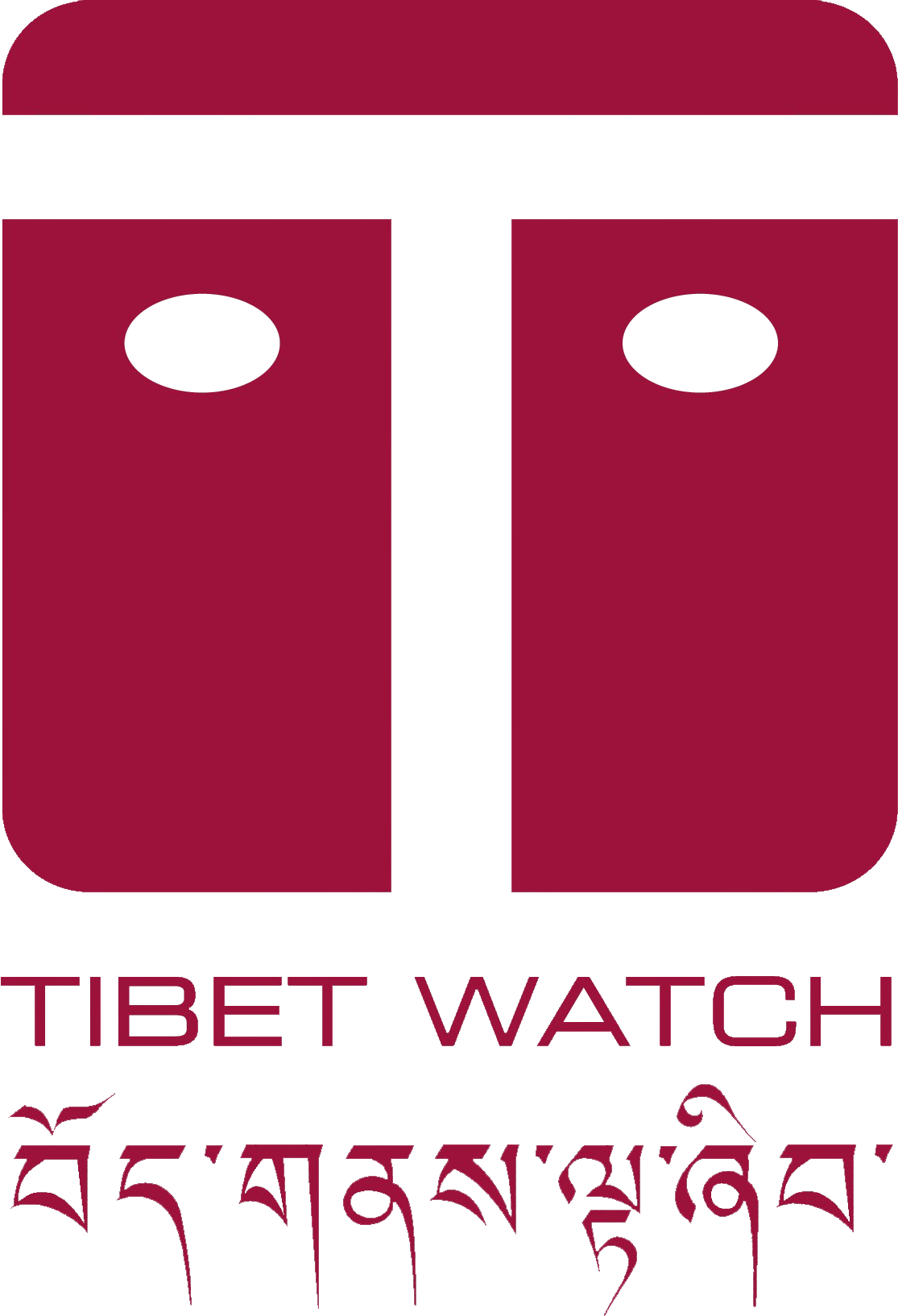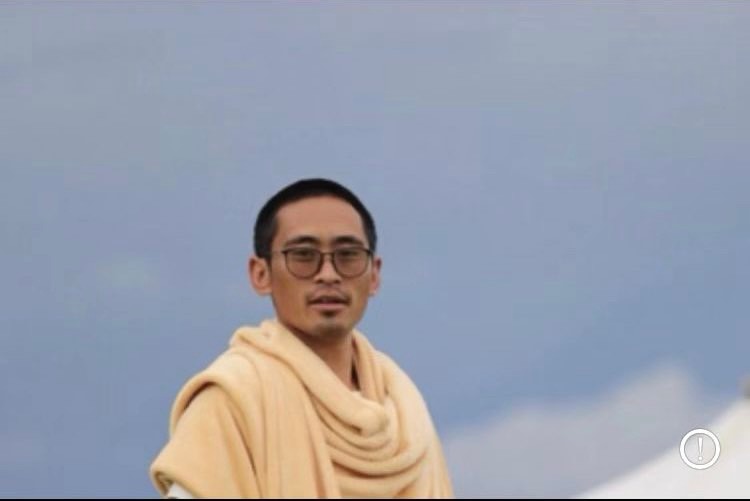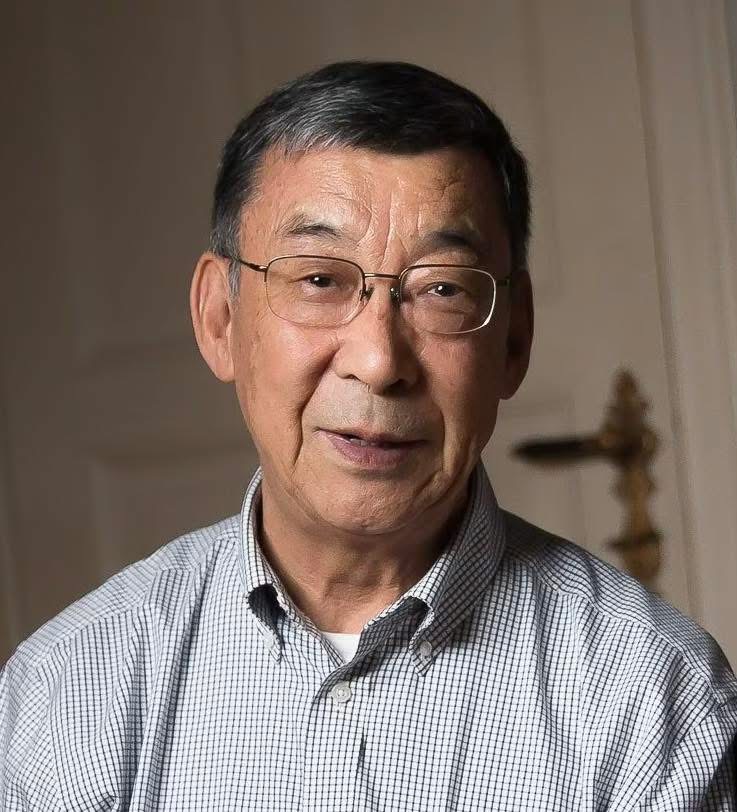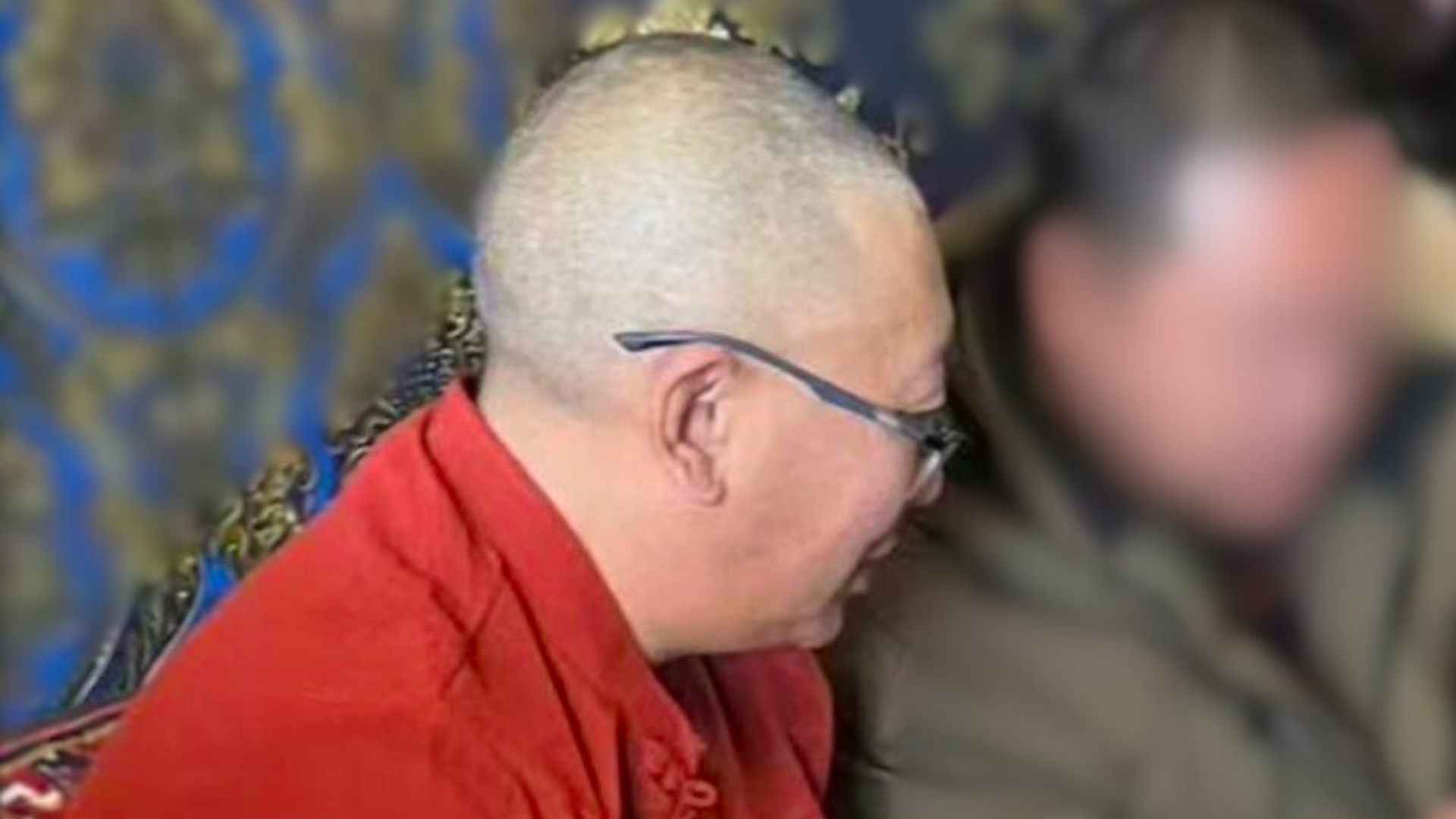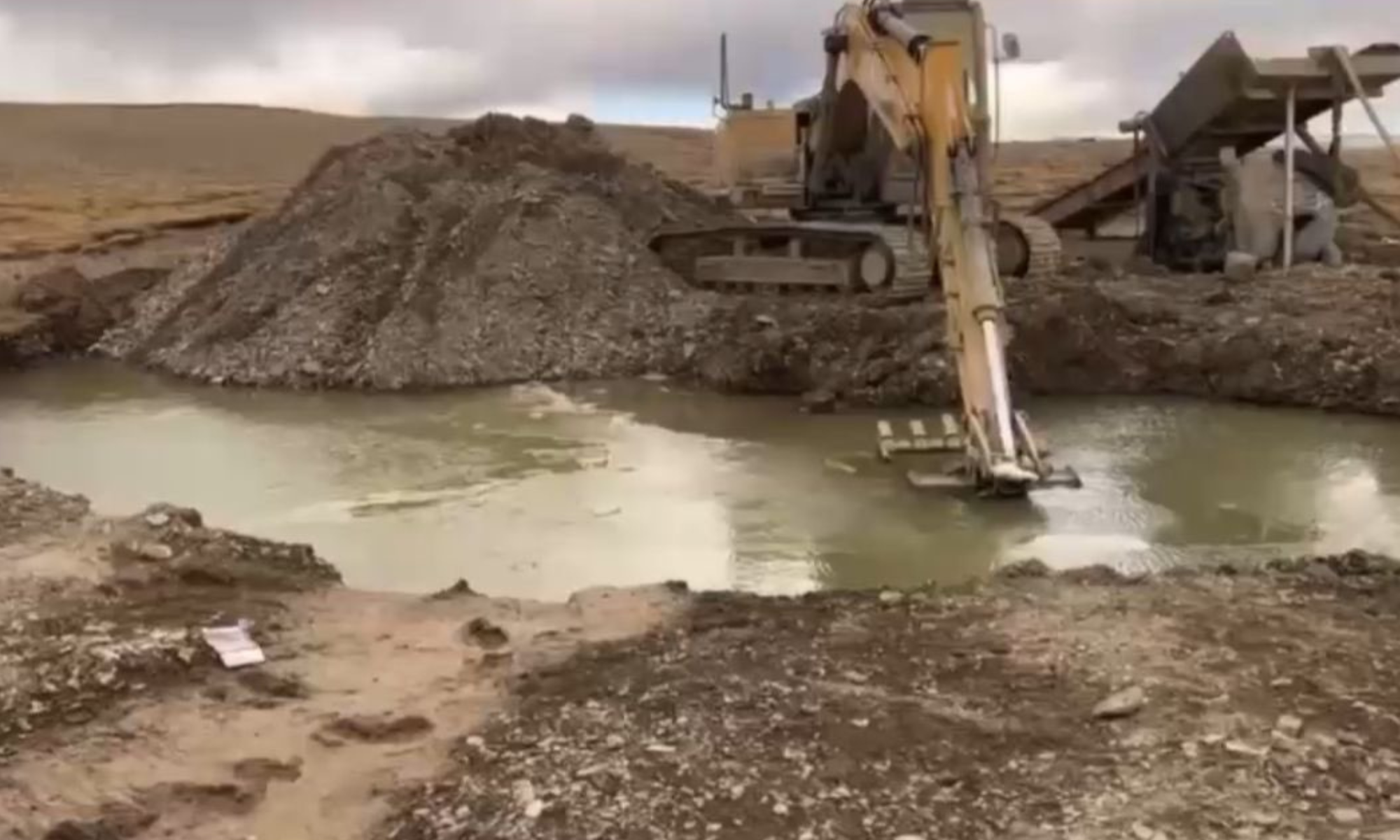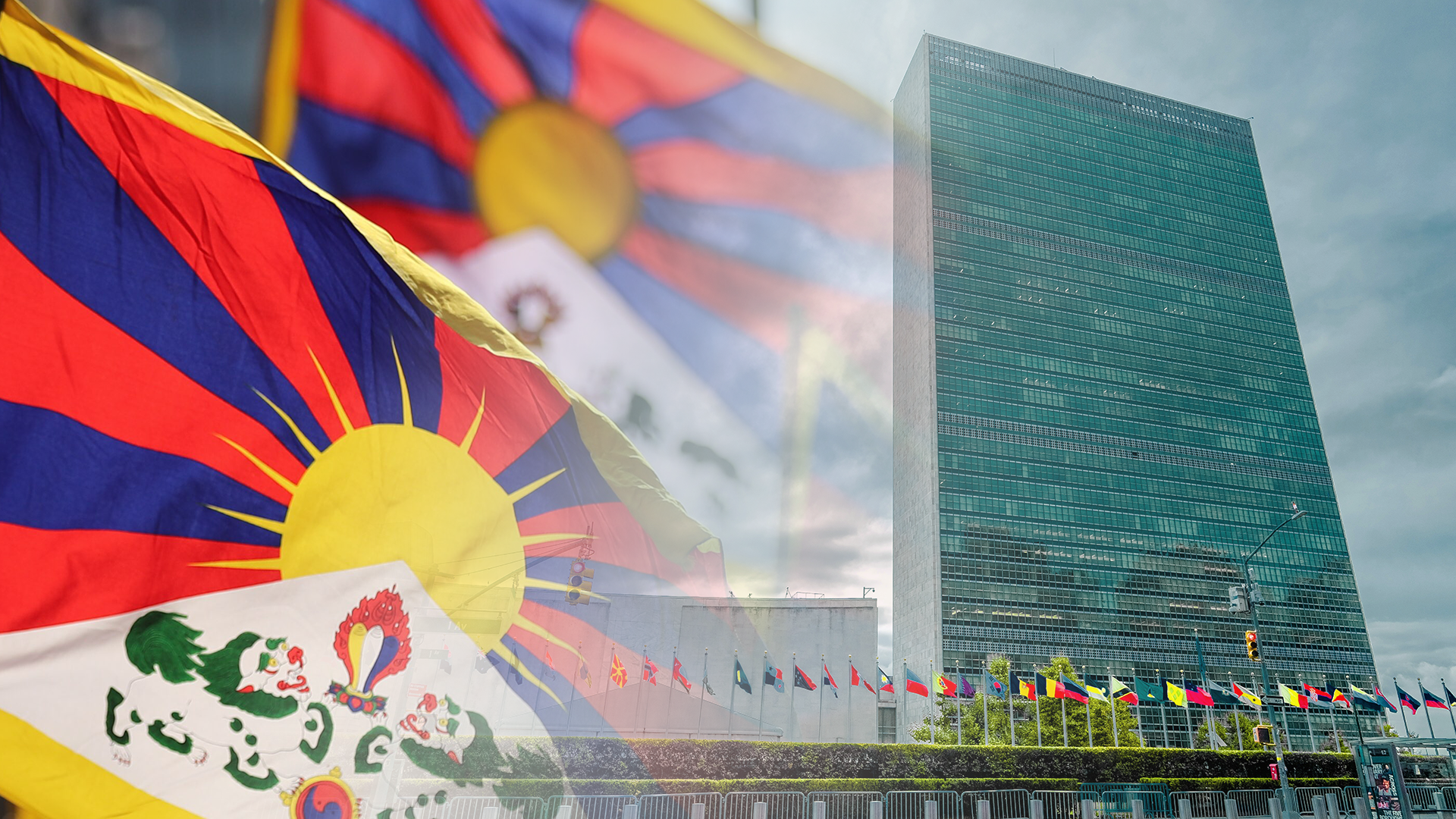
In a rare move, United Nations human rights experts have issued two formal communications to the governments of Vietnam and China concerning the suspicious death of Hungkar Dorje Rinpoche, a prominent Tibetan religious leader, following cross-border security cooperation between the two countries in advance of a visit by Xi Jinping to Hanoi earlier this year.
One of the signatories is the UN Special Rapporteur on extrajudicial, summary or arbitrary executions, highlighting the credible risk that Hungkar Dorje Rinpoche may have died as a result of enforced disappearance and ill-treatment.
The UN communications represent a new level of international attention to a case that exemplifies China’s transnational repression and Vietnam’s apparent complicity. They validate long-standing concerns raised by Tibetan communities and human rights defenders about Tulku Hungkar Dorje Rinpoche’s arrest by Chinese authorities in late September 2024 and his subsequent arrest, disappearance and death in Vietnam in March 2025.
The UN experts call upon both governments to provide a “full, prompt, transparent, and independent international investigation” into Rinpoche’s death in custody in Ho Chi Minh City, Vietnam, after fleeing persecution by Chinese authorities in his homeland. They detail how Rinpoche was arrested on 25 March 2025 in Ho Chi Minh City by Vietnamese police and Chinese officials, held incommunicado for four days in enforced disappearance, and died on 28 March 2025 under suspicious circumstances. His body was hastily cremated on 20 April 2025 without family consent and before any independent investigation, in a deliberate destruction of evidence.
The communications condemn the “transnational repression” and, most critically, the “obstruction of justice” demonstrated by the authorities’ actions, including the lack of transparency, “forcible cremation under armed guard” and clear violation of international forensic standards.
The reports detail a sequence of events beginning with Hungkar Dorje Rinpoche’s detention and interrogation by Qinghai Provincial Police Department, which the experts state may have been linked to failure to organize an “appropriately warm reception” for the People’s Republic of China (China) government-appointed Panchen Lama, when he visited Golok Prefecture, and failing to implement government education policies in the schools he founded as well as after organizing a long-life prayer for His Holiness the Dalai Lama.” In fear for his life, in September 2024, Hungkar Dorje Rinpoche managed to escape from Tibet to Vietnam, where he has many Buddhist followers.
On 25 March 2025, 56-year-old Hungkar Dorje Rinpoche was arrested in Ho Chi Minh City, Vietnam by Vietnamese police and Chinese individuals, believed to be officials, from his hotel, according to the UN communiques. On 29 March 2025, Vietnamese authorities visited his institute in Ho Chi Minh City stating that he had died due to a heart attack. He is not thought to have had a medical history of heart problems. Until his death was suddenly announced by his monastery in Tibet, his arrest was not confirmed and his fate and whereabouts were unknown.
Rinpoche’s mother Kasa Dukkar Dolma is believed to have died on 6 May 2025 in Golog, Amdo, following a prolonged illness caused and exacerbated by the distress and emotional toll of her son’s suspicious death, highlighting the trauma imposed on families of enforced disappearances and worse.
Rigzin Hungkar Dorjee (རིག་འཛིན་ཧཱུྃ་ཀར་རྡོ་རྗེ།) was born in 1969 in Gade County, Golog region. His father was also a prominent religious leader from the Nyingma school of Tibetan Buddhism, Lama Pema Tumpo. From 1980 to 1989, he studied Tibetan culture and Buddhist philosophy at Lung Ngon Monastery (མགོ་ལོག་ལུང་སྔོན་དགོན་པ།) in Golog, which was founded by his father. Hungkar Dorje Rinpoche then left for India, where he studied at the Tibetan refugee-led Drepung Monastery in South India from 1989 to 1994. He spent two years in the United States before returning to Tibet. In 2002, with Chinese government approval, he was enthroned as the tenth abbot of Lung Ngon monastery.[1]
In a statement released by a coalition of Tibet groups worldwide, including Tibet Watch, Ju Tenkyong, Amnye Machen Institute, India, said: “The Vietnamese and Chinese governments have not at all given opportunity to the Rinpoche’s family, friends, and disciples – as per their requests – to return the body of Rinpoche to his monastery in accordance with the Tibetan tradition and international law, and have not conducted any investigation into the causes for his death. If cases like this are not called out and Red Chinese with immeasurable impunity are held to account from the start, many more countries are at risk of seeing such cases repeat. I earnestly appeal to international bodies and governments not to adopt a neutral position on this matter, and urge them to continually put pressure for clarity on this matter. We will also be continuing our efforts until there are clear answers.”
The related joint communications on Hungkar Dorje Rinpoche’s death in custody in Vietnam were issued by the Working Group on Arbitrary Detention; the Working Group on Enforced or Involuntary Disappearances, Special Rapporteur on extrajudicial, summary or arbitrary executions, and Special Rapporteur on minority issues,[2] and raise the following rights issues:
- Enforced Disappearance: No access to Rinpoche or information about his location for days after arrest.
- Suspicious Death in Custody: No credible explanation offered, no transparent investigation, and no autopsy conducted.
- Secret Cremation: Held without family or monastic approval; likely aimed at destroying evidence.
- Suppression of Memory: China’s crackdown on mourning rituals underscores its efforts to silence dissent and erase accountability.
- Vietnam-China Collusion: Raises serious questions about cross-border cooperation in suppressing Tibetan voices.
This case sets a dangerous precedent if left unchallenged — showing that Tibetans are not safe even beyond China’s borders, and that authoritarian regimes can collaborate to suppress religious leaders and human rights defenders with impunity.
The UN’s intervention shows that international oversight still matters. But the next step is crucial: governments need to act on these findings and seek accountability from both China and Vietnam.
[1] Tibet Watch report, https://tibetwatch.org/chinese-authorities-declare-missing-tibetan-abbot-dead/
[2] Communication to Vietnam: https://spcommreports.ohchr.org/TMResultsBase/DownLoadPublicCommunicationFile?gId=30160
Communication to China: https://spcommreports.ohchr.org/TMResultsBase/DownLoadPublicCommunicationFile?gId=30164
